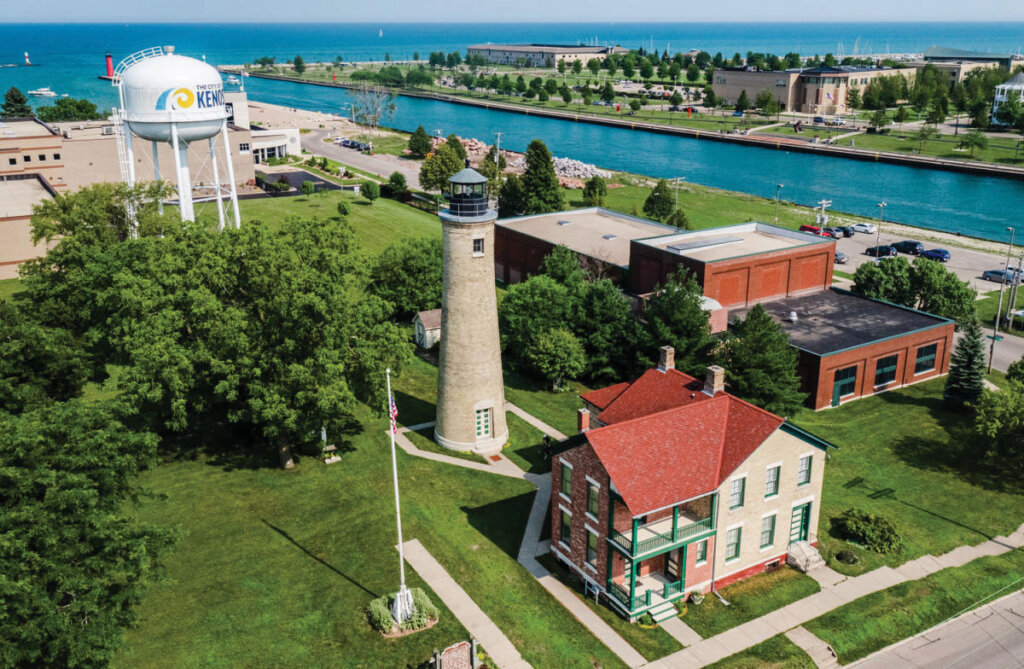
Before exploring the process of selling a Kenosha home with a reverse mortgage, it’s important to understand what a reverse mortgage actually is. This type of loan, typically offered to homeowners aged 62 or older, allows people to tap into the equity in their homes without having to make monthly mortgage payments. Instead, the loan is repaid when the homeowner moves out, sells the house, or passes away. It’s a helpful tool for many retirees in Kenosha who want to supplement their income while staying in their home. However, when circumstances change and it becomes time to sell, it’s crucial to understand how the loan impacts that process. Selling a Kenosha home with a reverse mortgage involves some additional steps, but it’s entirely possible and often necessary during major life transitions.
Is Selling a Kenosha Home With a Reverse Mortgage Even Allowed?
Yes, selling a Kenosha home with a reverse mortgage is completely legal and quite common. Homeowners often worry that a reverse mortgage locks them into their property, but that’s not the case. The only requirement is that the outstanding loan balance must be paid off when the home is sold. If the property is worth more than the loan, the homeowner or their heirs keep the remaining equity. If the property is worth less, the mortgage insurance that comes with federally backed reverse mortgages will cover the difference. This makes reverse mortgages a non-recourse loan, meaning neither the borrower nor their heirs will owe more than the home’s current value. Understanding these protections is essential for anyone considering selling a Kenosha home with a reverse mortgage.
Why Do People End Up Selling a Home With a Reverse Mortgage?
There are many personal, financial, and logistical reasons someone might decide to sell a Kenosha home with a reverse mortgage. For some, the house simply becomes too difficult to maintain due to age or physical limitations. Others may be moving to assisted living, relocating to be closer to family, or downsizing to something more manageable. In many cases, heirs find themselves responsible for a home with a reverse mortgage after the homeowner has passed away, and selling becomes the best option to settle the estate. No matter the reason, selling a home with a reverse mortgage is often a necessary part of life’s next chapter, and knowing how to handle it properly can reduce stress during already difficult transitions.
What Happens to the Reverse Mortgage When You Sell the Home?
When selling a home with a reverse mortgage, one of the biggest concerns is what happens to the loan itself. Fortunately, the process is straightforward. At the time of sale, the reverse mortgage must be paid off using the proceeds from the sale of the property. This includes the original loan amount, any accrued interest, and applicable fees. The title company typically handles this during the closing process, ensuring the loan is settled correctly and legally. Once the mortgage is paid, any remaining funds go to the homeowner or their heirs. If there isn’t enough equity to cover the loan, the mortgage insurance covers the difference. This ensures that selling a home with a reverse mortgage doesn’t put anyone at financial risk.
How to Navigate the Selling Process in Kenosha With a Reverse Mortgage
The process of selling a home with a reverse mortgage isn’t drastically different from selling any other property, but there are some extra steps that require attention. First, you or your representative will need to request a payoff quote from your reverse mortgage lender. This document will outline exactly how much is owed, including interest and fees. From there, the home can be appraised or evaluated to determine its current market value. Once listed, the home will follow the typical selling process, but it’s wise to work with a real estate professional or home buyer who understands the nuances of reverse mortgages. Selling a home with a reverse mortgage requires accuracy and timing, especially if there are deadlines set by the lender or legal requirements surrounding the estate.
What If the Kenosha Home Is Worth Less Than the Loan?
In some cases, especially if the home has declined in value or if the owner borrowed a large amount, the house may be worth less than the total owed on the reverse mortgage. If this is the situation, it’s important to understand that selling a home with a reverse mortgage is still possible. Thanks to government protections on federally insured reverse mortgages, homeowners and heirs will never owe more than what the home sells for. This is known as a “non-recourse clause,” and it protects families from being burdened with debt. The lender accepts the sale price as full payment, even if it doesn’t cover the full loan amount. Knowing this can offer peace of mind to sellers who are unsure about moving forward with the sale.
Why Many Sellers Choose Cash Buyers in Kenosha
When time, convenience, or property condition becomes an issue, many people consider selling a home with a reverse mortgage directly to a local cash buyer. This route allows for a quicker sale without the need for traditional showings, inspections, or repairs. Homes sold through real estate agents may take months to close, and complications from the reverse mortgage can slow things down further. In contrast, cash buyers often understand how to work with reverse mortgage lenders and can facilitate a smooth, hassle-free sale. For heirs handling the sale from out of state or for elderly homeowners who want to avoid the stress of listing, this can be an excellent solution when selling a home with a reverse mortgage.
What Heirs Need to Know When Inheriting a Home With a Reverse Mortgage
When a homeowner passes away and leaves behind a house with a reverse mortgage, their heirs are typically notified by the lender. At that point, the loan becomes due, and the family must decide whether to repay the mortgage or sell the home. In Kenosha, heirs often choose to sell because it’s the fastest and most cost-effective way to handle the loan and preserve any remaining equity. Selling a home with a reverse mortgage as an heir involves the same steps—obtaining a payoff quote, determining the value of the property, and coordinating the sale. Timing is important, as lenders often impose deadlines for resolving the debt. Having a knowledgeable local buyer or real estate professional to assist can make the process far less overwhelming for grieving families.
Next Steps: How to Get Help Selling a Home With a Reverse Mortgage
If you’re in the position of selling a home with a reverse mortgage—whether it’s your own home or one you’ve inherited—you don’t have to go through it alone. The process involves unique rules and deadlines, and having the right support can make all the difference. Our team specializes in helping Kenosha homeowners and families sell homes under difficult or complex circumstances. We provide fair cash offers, handle the paperwork, and work directly with reverse mortgage lenders to ensure a smooth and timely sale. If you’re ready to explore your options, reach out today to start the process of selling a home with a reverse mortgage confidently and with peace of mind.
